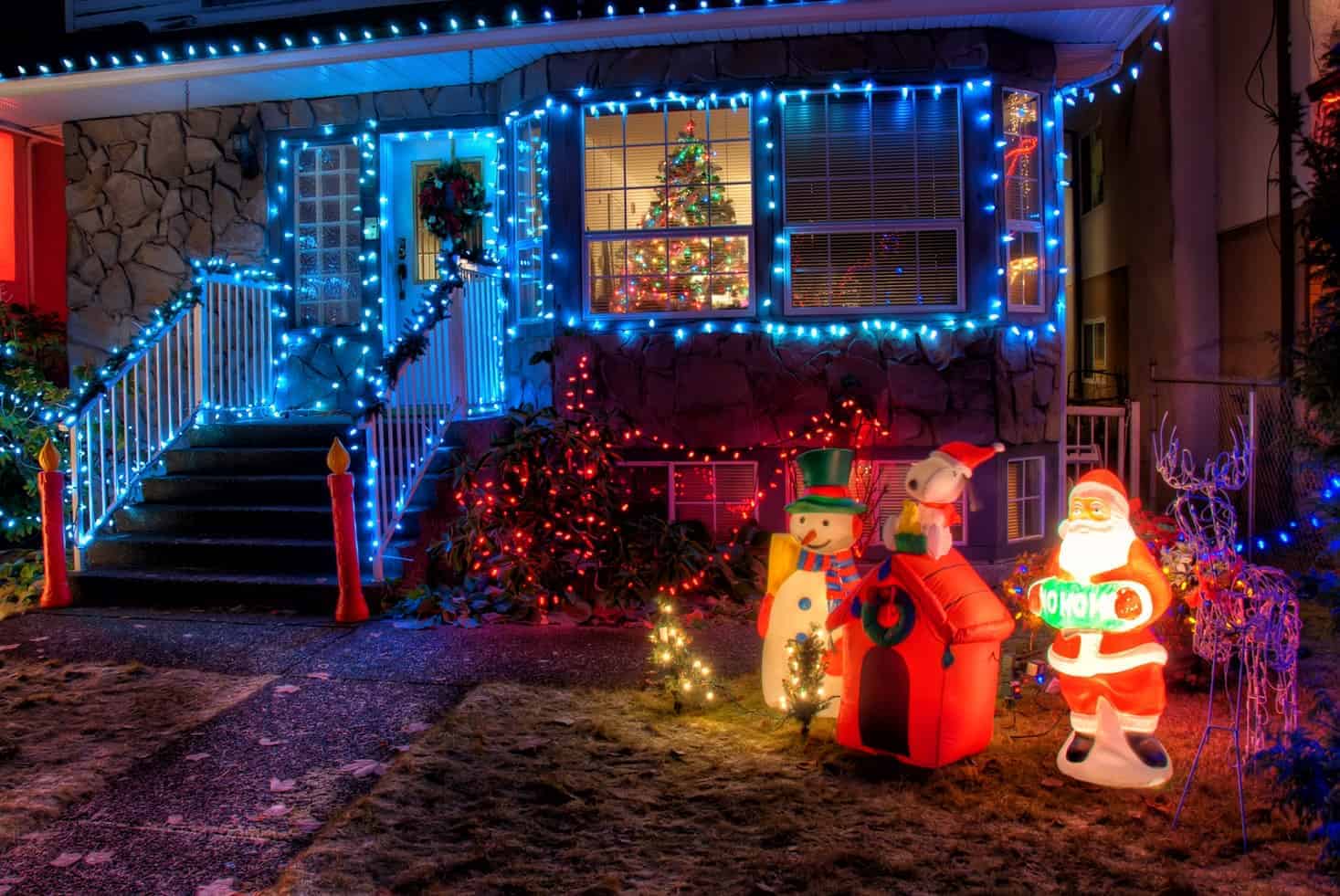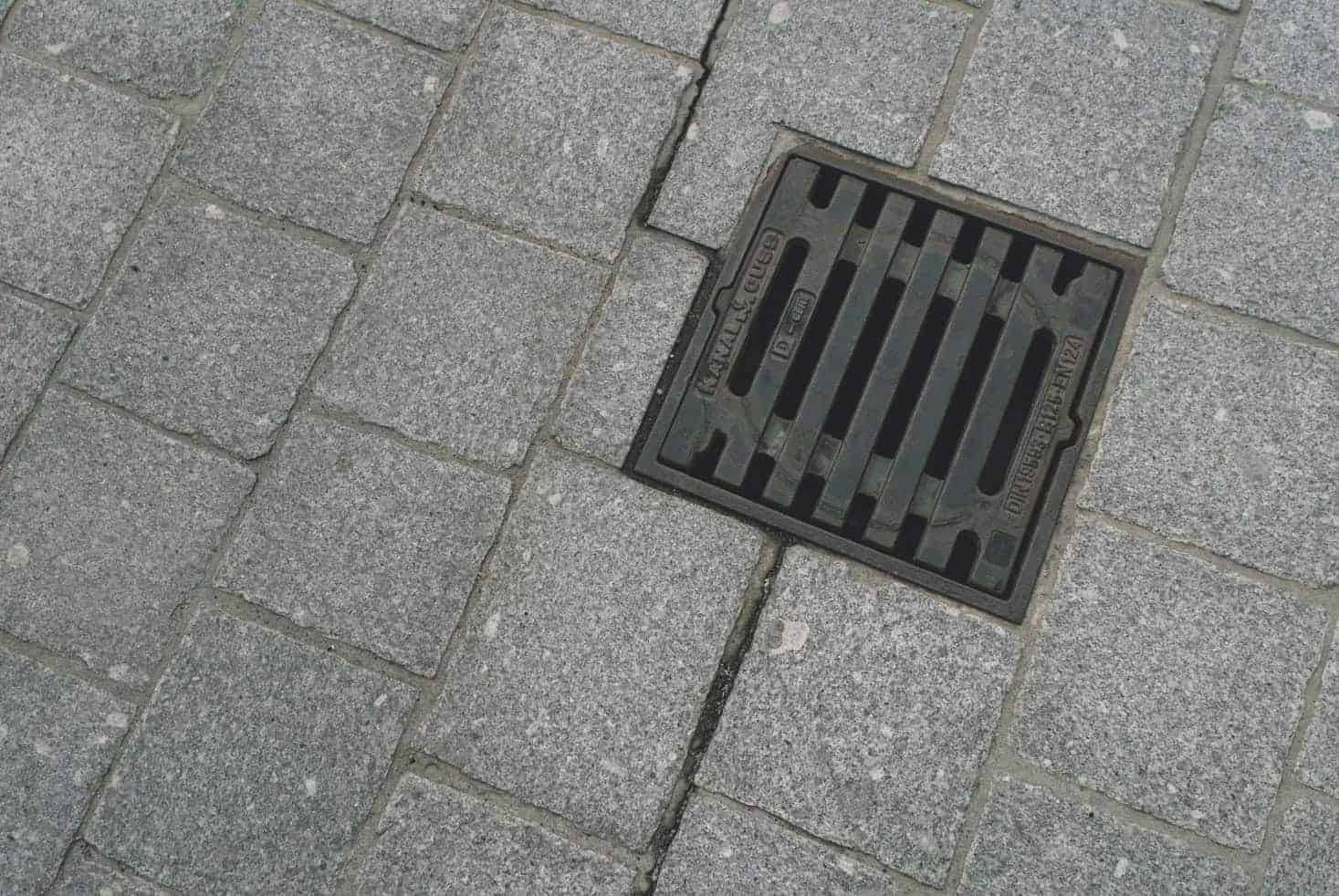
Most people believe in leaving their gardens alone during the winter, as the bitter cold tends to freeze most plants. However, many plants are popular for winter landscapes, allowing you to breathe life into your garden even amidst the stark white snow. Adding these plants before winter sets in will help you cultivate year-round foliage that looks lush and abundant even as the seasons change.
Your yard doesn’t need to be a blanket of snow without any plants to enjoy, as these plants thrive in colder temperatures. Here are some plants that will help you transform your garden into a winter wonderland:
Also known as Cornus sericea ‘Allemans,’ this plant is extremely hardy. Its flowers bloom in May, showcasing white blooms and, eventually, white fruit. What makes red osier dogwood a winter plant is its dark bark, which varies from red to burgundy. It can also reach a height of 6’ to 10’ and spread 5’ to 10’. Seeing a splash of red on a bright white landscape will undoubtedly create a breathtaking winter landscape.
Winterberry holly, also known by its scientific name Ilex verticillate, is a holly bush indigenous to the wetlands in the US and the eastern part of Canada. It’s great for attracting wild birds in the winter due to its winterberry fruit. As a deciduous bush, it’s an excellent fit for a winter landscape, but you’ll want to plant it next to several shrubs to raise your chances of finding a male plant and guaranteeing fruit production.
Evergreen holly sports beautiful year-round foliage and bright berries, drawing numerous bird species to your garden. Many people have also used sprigs of cut holly to decorate their homes during the holidays. Most evergreen hollies aren’t hardy enough for far north climates, but China holly and compact inkberry weather more extreme temperatures better.
Known as Myrica pensylvanica, this is a shrub that tends to spread. It usually grows in zones 2 to 8 and has shiny, aromatic foliage accompanying its waxy, gray fruit. The unconventional berries are often used to scent candles, but birds usually get to them before humans do. While birds love bayberry, deer don’t, making it an excellent deer-resistant plant.
A perennial grass, its scientific name is Erianthus ravennae, boasting stately, long shafts and soft shape that makes it an incredibly sophisticated plant. It can grow as tall as 11 feet and be 5 feet wide. It’s hardy enough to withstand zone 4 climates.
Its scientific name is Viburnum trilobum Compactum and produces an abundance of red berries that keep birds full during the winter. It is a rounded shrub that blooms white flowers in May and June, followed by the famous red fruit. Its foliage varies from red to purple in the fall, making it a stunning sight to behold in your garden. This bush is hardy to zone two and grows 4’ to 5’ high with a 3’ to 4’ spread.
If you’ve always wanted to spruce up your garden during the winter season, these plants will surely add pops of color and vibrance that will make it a beautiful sight to behold. Hardy enough to withstand frigid temperatures, these plants will undoubtedly transform your garden into a winter wonderland!
Sir Williams Drainage and Waterproofing Solutions offers residential and commercial property owners high-quality landscaping and drainage services in Belleville. We’ve carefully completed repairs on hundreds of homes for over 30 years, making us one of the most trusted local contractors. Contact us today to schedule an appointment!

Hardscaping projects are incredibly visually appealing and can add a lot to your space. Given this, you’ll want to do all you can when it comes to maintaining and protecting them. The best way to do this is by equipping your space with the right drainage systems. This is easier said than done as there are a slew of drainage options to choose from. To help simplify things, here are four essential commercial hardscape drainage options that you have to know about.
Spot drains consist of multiple single drains connected through underground PVC pipes to the main drain, taking water runoff away from the surface. This is typically used around pool decks and similar areas. While they do take up less space, spot drains require the ground to slope in four directions in order to work optimally. Be sure to check if your space is right for this type of drainage option before installing it into your space.
Whenever you see a metal grate with small holes in it on the ground, you’re likely to be looking at a trench drain system. These are some of the most common commercial systems for directing water runoff underground. Trench drain systems can run over large expanses, redirecting water runoff through a drain tunnel and out of sight. The biggest drawback to this drainage option is its size. Trench drains can be quite bulky and may serve as an eyesore so be sure to take their size into consideration before opting to go for this option for your hardscapes.
French drains are a drainage system that has been in use for several centuries, originally used as a form of “farm drainage.” The system consists of a perforated pipe that empties into a gravel bed, which then diverts the water to a drain or irrigation cistern. It’s important to note that french drains require a significant amount of excavation of the landscaping to install so be sure to take this into consideration before committing to this drainage option.
Pavers with permeable surfaces are a newer type of commercial hardscape. They help manage water runoff by directing water back into the ground in a slower manner, reducing your dependence on storm sewers. They also help to reduce the number of pollutants in water runoff since it travels through various layers of gravel or stone to reach the water table. Despite being an attractive drainage option due to its potential to be environmentally friendly, permeable pavers are also significantly more expensive than traditional drainage options. To add to this, permeable pavers also require a lot of maintenance. Be sure to keep this in mind before deciding to go with this drainage option for your commercial space.
Hopefully, this article proves to be useful when it comes to helping you choose the right drainage option for your space. Remember, it’s not about finding the best option as these drainages have advantages and disadvantages that can make them good for your space. Instead of trying to find the “best” option, try to gauge which drainage option works best for your commercial space.
Sir Williams Drainage And Waterproofing Solutions provides residential and commercial property owners with quality and reliable landscaping services in Belleville, Sumpter, and Van Buren Township Areas. From waterproofing and landscaping to outdoor drainage solutions, our range of services is the best in the business. Contact us whenever you need drainage contractors in Michigan for your hardscapes.